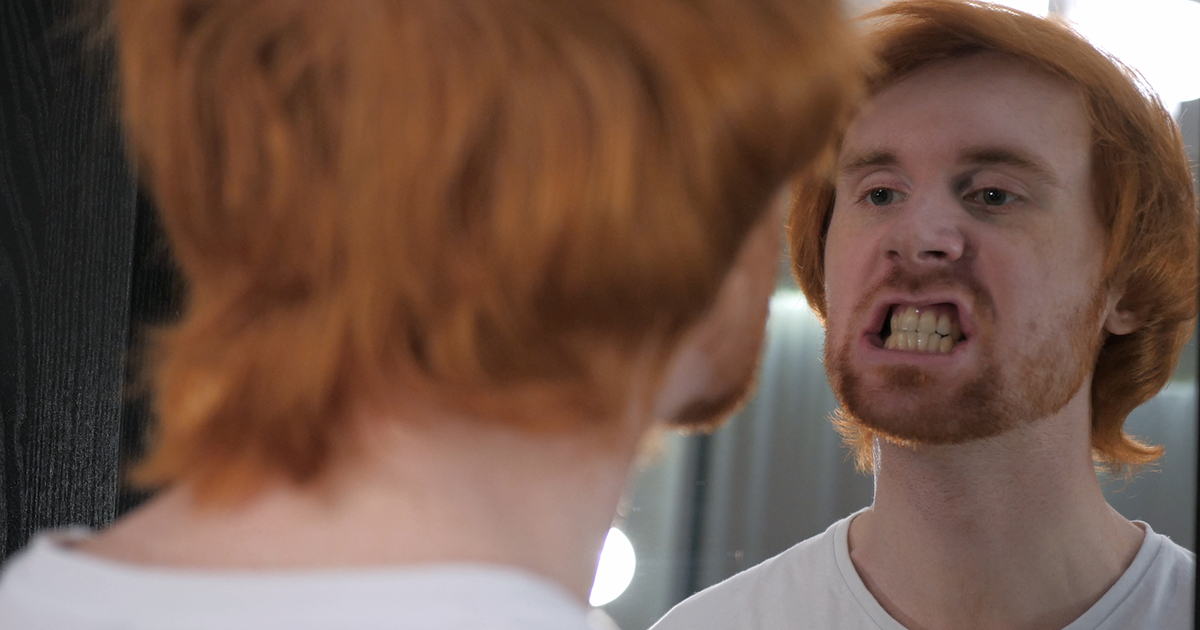Signs Of Wisdom Tooth Impaction
Wisdom teeth, which typically come in a set of four with two at the top of the mouth and two at the bottom, are the last ones to erupt in a person's mouth. However, when wisdom teeth are impacted, they can cause pain as well as damage to the other teeth in the mouth, and can even lead to dental problems. Impacted wisdom teeth are otherwise known as the third molars found in the back part of the mouth. When they are impacted, they do not have the sufficient room for them to develop correctly or even to emerge as they should. Many dentists recommend removing wisdom teeth when they become impacted, even if they do not show any symptoms, because it can help to prevent future problems. Start reading now to learn about the signs of wisdom teeth impaction.
Red And Swollen Gums

Red and swollen gums can be a result of gum infections, which can come with an impacted wisdom tooth. They occur because the tooth may begin to break through the gum line. This ultimately allows the bacteria to seep through the opening the tooth creates and sets the stage for a full-fledged gum infection. When the tissue sitting atop the affected tooth becomes infected, it's called pericoronitis. Pericoronitis can occur in areas located close to the neck and can eventually spread to cause life-threatening infections. Given how serious these infections can be, it is best to remove impacted wisdom teeth as soon as possible to prevent infection from starting or spreading.
Continue to uncover another symptom of impacted wisdom teeth.
Jaw Pain And Swelling

Individuals who have impacted wisdom teeth will sometimes complain of jaw pain and swelling, which can manifest in trouble opening and closing the jaw as well as severe pain running from the source of the pain all the way down the jawline. Because of the span of the source of the pain, over time the face can begin to swell, and the pain may increase. Occasionally, patients will not feel any pain the jaw and only have the discomfort of not being able to open their mouth properly. In these cases, it can be an issue of the nervous system communicating correctly, and patients will need to seek a medical professional to do an X-ray to determine if surgery is necessary.
Continue to reveal the symptom related to breath to watch out for next.
